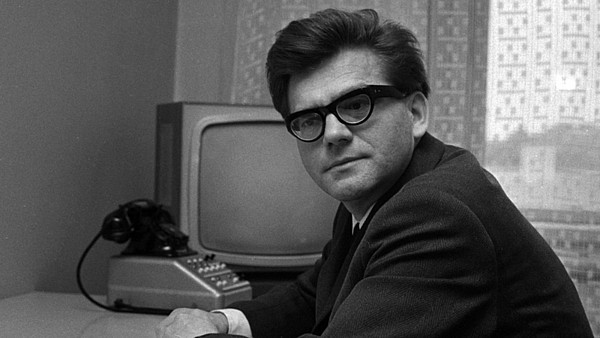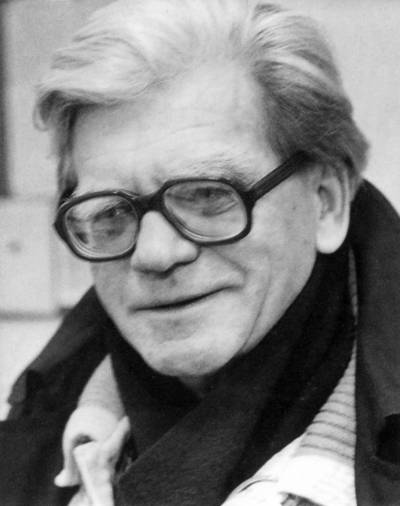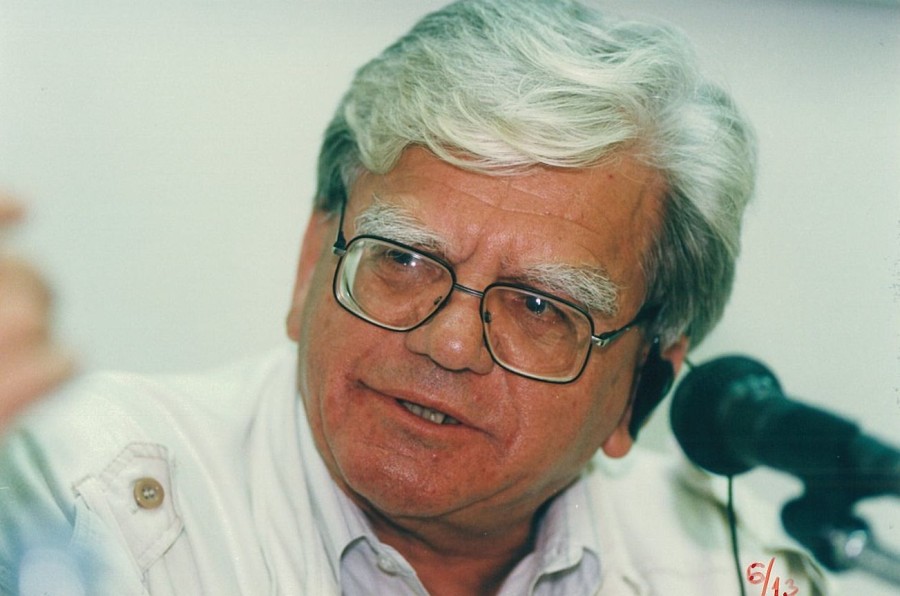Karel Kosik (26 June 1926 – 21 February 2003) was a Czech Neomarxist philosopher. In his most famous philosophical work, Dialectics of the Concrete (1963), Kosik presents an original synthesis of Martin Heidegger's version of phenomenology and the ideas of Young Marx. His later essays can be called a sharp critique of the modern society from a leftist position.



Biography
Karel Kosik was born on 26 June 1926 in Prague.
From 1 September 1943 until his arrest by the Gestapo on 17 November 1944, he was a member of an illegal anti-nazi communist resistance group Predvoj (The Vanguard) and a chief editor of an illegal journal Boj mladych (The Fight of Youth). After his seizure Kosik was accused of high treason and repeatedly questioned. From 30 January to 5 May 1945 he was imprisoned in Theresienstadt concentration camp.
From 1945 to 1947, Kosik studied philosophy and sociology at the Charles University in Prague. In the years 1947-1949, he also attended courses at the Leningrad University and the Moscow State University in the USSR. He graduated in 1950 in Prague at the Charles University. In this part of his life he met his future wife Ruzena Grebenickova (later laureate of Herder prize), from this marriage came three children (Antonin Kosik, Irena Kosikova and Stepan Kosik). In 1963, he published his opus Dialectics of the Concrete, a re-working of Marxian categories in terms of humanist phenomenology, which earned him an international reputation as a leading philosopher of humanist Marxism. During the "Prague Spring" of 1968, Kosik became a leading voice for democratic socialism (a distinction he shared with Ivan Svitak, Czechoslovakia's other prominent Marxist humanist). This political engagement led to Kosik's dismissal from university work in 1970, after the period of democratization had ended. He remained unemployed until 1990, when he returned to public intellectual life as one of Central Europe's few prominent leftist social critics.

No comments:
Post a Comment